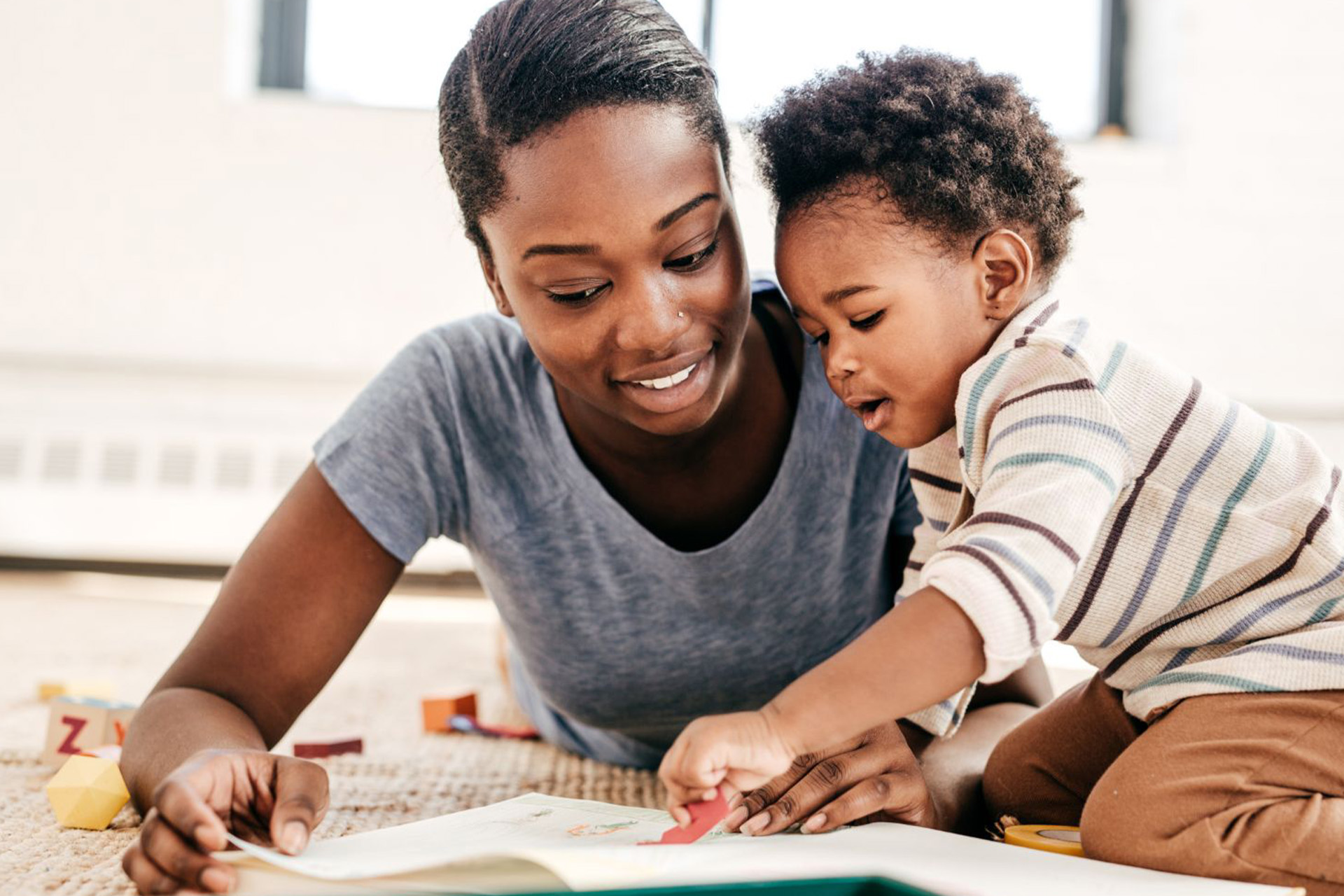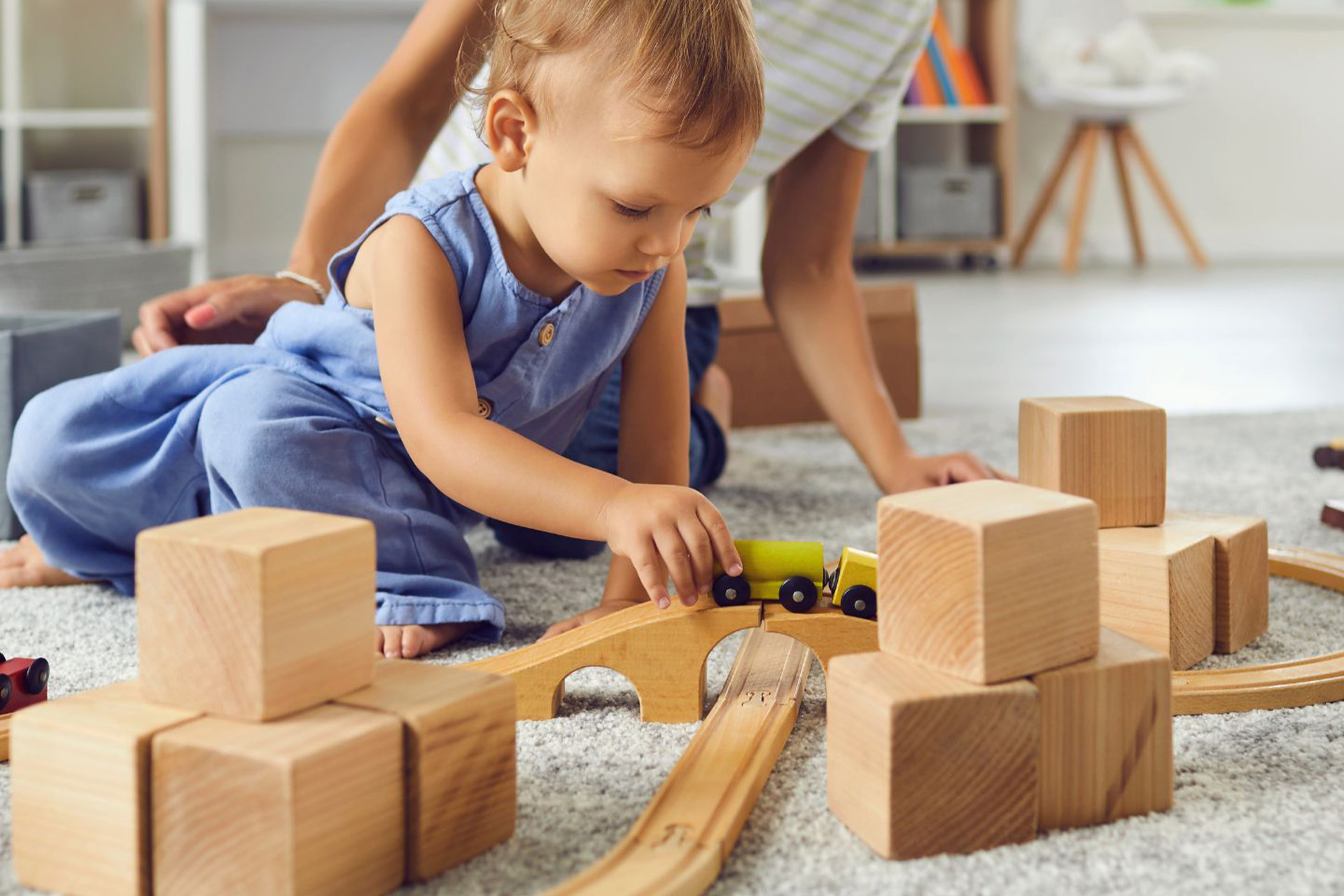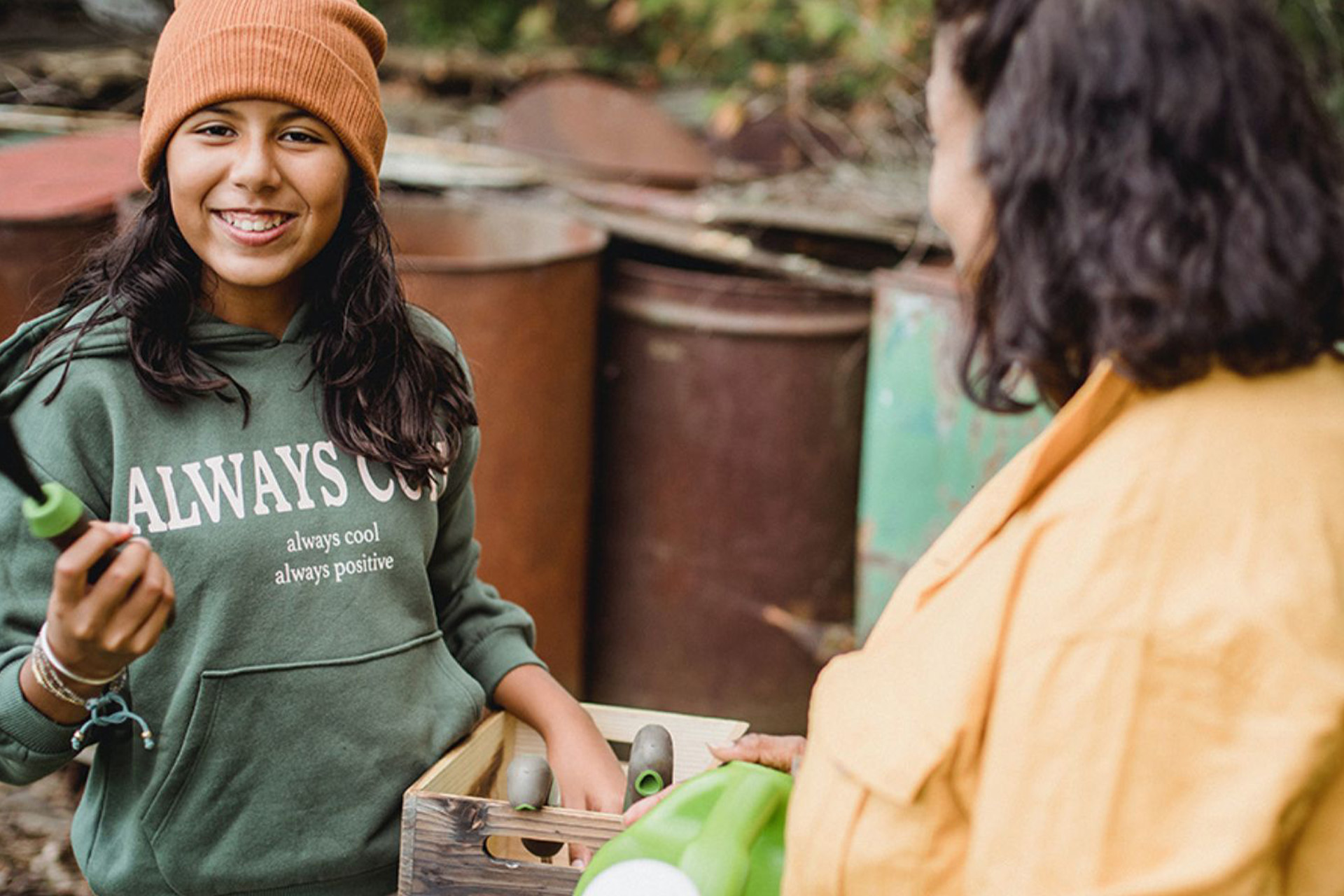Interview: 7 Tips For Raising Confident Children
By
2 years ago
Useful ideas for parents

Founder of Child in Time, Chloe Billington shares seven tips about how parents can raise confident children.
Chloe understands that parenting is extremely challenging and and hopes some of these ideas resonate with you. No parent gets it right every time and we all have children who are born with different strengths and challenges.

Chloe Billington
What do you do at Child Time?
I was a school counsellor for nearly ten years, working in primary and secondary schools. Then 11 years ago, I started Child In Time which is an organisation that sets up counsellors in schools. We now operate in about 35 London schools. In the last year we started an online parent consultation branch of the business which is a service for parents who aren’t necessarily looking for therapy but would like some guidance and a space to talk through how they can help their child with a professional.
How To Raise A Confident Child
Strengthen Your Bond
The biggest thing you can do to develop confident children is to have a strong bond with them and this will look different at different ages. A simple task you can do with young children is to have 1:1 child-led playtime for 15 minutes twice a week. Allow your child to choose what they enjoy playing with, as it’s completely unstructured play, and follow what they want to do. Reflect back on what you see and try not to direct the play. This is important as children express themselves through play and you will get an insight into their world.

Child-led play
This naturally leads on to older children too, spend time understanding their interests and passions. Sometimes when your kids become young adults, you feel like you’ve lost that 1:1 time. But it’s your job to find that time – whether that’s learning about their favourite band or asking them how their day is. You want them to know you are interested in them and excited about what is going on in their life. Investing the time to strengthen your bond across the years puts you in the best place to support your child, whatever challenges lie ahead.
Express Feelings At Home
We all come from different families. Some families may never discuss feelings and some will pour out their feelings. Finding what you want for your family takes some thought.
You can’t go wrong if the message that you send to your child from an early age is that feelings are okay. Firstly, you need the language to discuss feelings, which will make your children feel like they can talk to you. Our team, when having a counselling session with a child will start by discussing what feelings we have. So, at home an idea for parents is to get some stones or pebbles and design one for each feeling. If your child is feeling a certain emotion, they can pick up one of the stones and give it to you.
The message we want to convey as parents is that all feelings are okay (including less pleasant feelings like anger and jealousy). But hurting others is not. For example, they can be angry with their brother but it is not okay to physically hurt him. Making this distinction and really following through with an acceptance of all feelings in your house is crucial. Children who know that their inner most feelings are accepted are likely to develop a strong sense of security and self-confidence.

Mother and toddler reading together
Avoid The Pursuit Of Perfection
Encourage your children to see themselves as a work in progress. We all want our children to be ambitious, but pursuing perfection can be incredibly damaging. If you are trying to be perfect you are not going to take a risk in case you fail – hence why a lot people become trapped by anxiety and don’t fulfil their potential. We need to talk about being a work in progress in a positive way, talk to your child about people who have failed before succeeding in real life.
Discipline With Kindness
Discipline is a learning experience, we do it to protect our children and show them where the safe boundaries are. In reality if you are yelling at a child they are just going to shut down.
Instead you need to be clear and consistent as well as warm and compassionate. ‘The message we want to convey is ‘because I love you I am going to end your screen-time in 5 minutes etc). It’s not a punishment, it’s helping them so they can have time to think.
Promote Healthy Body Image
This starts from infancy. The way you talk about the people around you, your friends, make comments on how people look, these all feedback to your children. We as parents are a model for them. Children can pick up on your insecurities so it’s important to model positive self-image.
Diversity of image is equally important for children to see. Diversity in your books, art, and all areas of life will build a healthier child who is ready to live in this world which is full of so many different people and cultures.
An additional tip – change the focus to something other than beauty. Discuss how our bodies help us with sport, illness and adapting to new situations. You have the power to show your child that the body is so much more than just external beauty.

Teenager gardening with parent
Manage Social Media Use
There is evidence that suggests we should delay social media use so that children do not have their own social media account until they are 16 years old. Smartphones preferably at age 14. If they do need to have a phone at an earlier age, make sure you have parental controls in place. Adolescent girls are especially vulnerable to social media use – there is a huge link now with social media use and mental illness in girls.
This is the age where they are developing their identity, relationships and emotions. If these are being developed online in an environment which our brain was not primed to develop on, then it is going to have an impact on them.
Create A Space Your Child Can Flourish In
Think of yourself as a gardener, creating a space where your child can flourish rather than a sculptor, molding your child directly. For instance, children need free play without adults interfering with what they are choosing to do. Children need to take risks to learn about life. They need to experience setbacks, falling out with friends and face challenges themselves.






